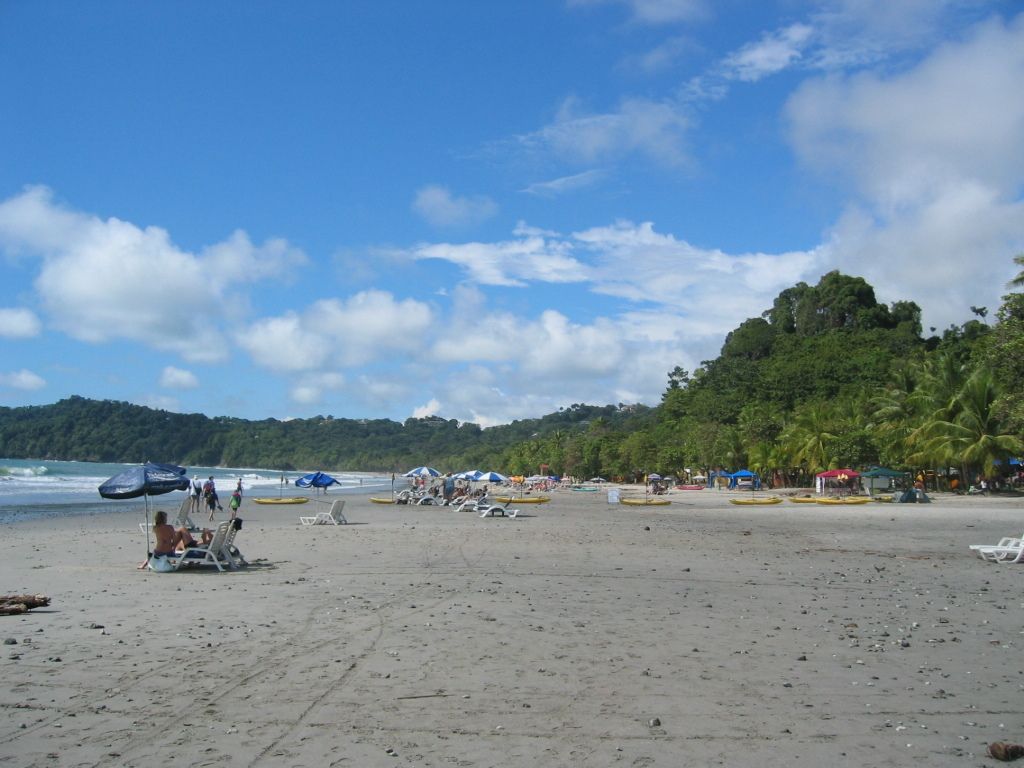Kuwait's government policies and sluggish market conditions lead to decreased chalet prices
Chilling Out on the Chalets: Why the Prices are Plummeting in Kuwait
Once a dreams-come-true for homeowners, state-owned chalets in Kuwait, with their prime locations and captivating sea views, are currently witnessing a dramatic decrease in prices. Multiple factors, including government decisions affecting profitability and usufruct, stricter collection of overdue debts, and the natural ebb and flow of the real estate market, are to blame.
Real estate experts have highlighted some key factors that have contributed to this price drop. Among them is the imposition of hefty additional fees, like the 3,000 dinars per square meter transfer fee for a chalet with a facade, which has made some buyers consider purchasing freehold chalets instead.
Stagnation in the market, along with unfounded rumors and escalating fears about future government decisions, has amplified uncertainty – a prime deterrent for potential buyers and investors. Prominent examples of this are the fears surrounding possible withdrawals of chalets for development projects such as the Jahra Corniche.
In addition, concerns about inheritance and ownership rights — particularly when the license holder passes away — have eroded confidence in the chalet market. Furthermore, unpredictable government decisions, including fluctuating transfer fees, have undermined market stability, causing hesitation among prospective buyers.
Pricing in areas like Daba'iya, Bnaider, and Al-Julaia'a has witnessed a steep drop from their former highs, underscoring the ongoing changes and challenges currently facing the market.
Fahd Al-Moumen of the Bu Aqar platform emphasized that uncertainties surrounding inheritance and ownership rights often prove detrimental to the chalet market's growth.
On the other hand, government decisions can significantly impact the real estate market, including chalet prices. New regulations or policies relating to property ownership or usage may discourage potential buyers, leading to lower demand. In the context of Kuwait, recent political events like the revocation of citizenship for some Kuwaitis could potentially create uncertainty and affect the broader economic environment, including the property market.
Market stagnation, characterized by a lack of growth or activity in the real estate sector, can stem from factors like reduced economic activity, limited new developments, or waning consumer spending power. In the event of market stagnation, fewer people might be interested in purchasing or renting chalets, thereby reducing demand and, consequently, prices.
Ultimately, it's the marriage of government measures and market stagnation that is responsible for the current drop in prices for state-owned chalets in Kuwait. Discerning consumers should consider these factors when making investment decisions in this tumultuous market.
The slowed growth in state-owned chalet prices in Kuwait can be attributed to various factors, including the imposition of high transfer fees and uncertainties surrounding inheritance and ownership rights, both of which have impacted the market's confidence. Government measures, such as fluctuating transfer fees, have contributed to market instability, causing hesitation among potential buyers. Furthermore, the persistent uncertainties in the broader economic environment, due to factors like political events, have also affected the property market, including the chalet market. Market stagnation, characterized by a lack of growth or activity in the real estate sector, is another factor that has reduced demand for chalets, ultimately leading to a drop in their prices. Therefore, it's crucial for investors to consider these factors when making decisions in this volatile market. On the other hand, some protections, like the decision to collect overdue debts more rigorously, have been highlighted as potential positive factors for the market's future health.






